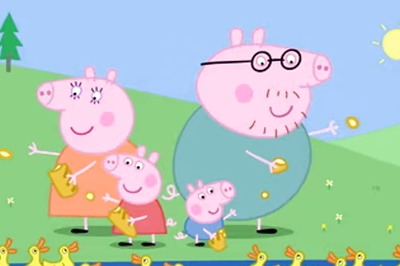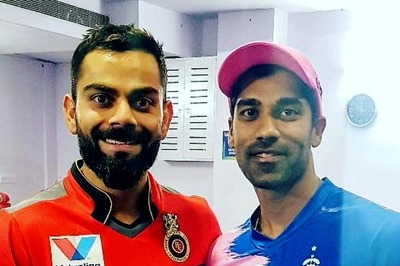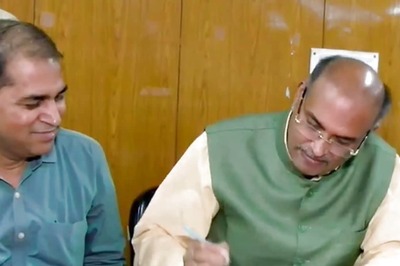
views
New Delhi: Prime Minister Manmohan Singh believes the Indo-US nuclear deal is not dead and hopes to win support for it from the government’s allies.
“We have not reached the end of the road on the nuclear deal. Efforts are on to evolve a broad-based national consensus on the nuclear deal,” he said at a joint press conference with visiting German Chancellor Angela Merkel.
“We are a democracy and in a democracy you have to take along all those who are supporting you. We are trying to resolve differences on the deal,” he said.
Singh refused to comment if the deal would suffer if India delays ratifying the deal. "I would not like to speculate what would be consequences if there is some delay. We have not reached the end of the road," he said.
Speaking to Karan Thapar on CNN-IBN's show Devil's Advocate, former US Secretary of State Henry Kissinger said on Sunday “anything that is not ratified by next July is unlikely to be dealt with before 2009.”
The Prime Minister’s statement came after the US on Monday reiterated support for the nuclear deal but clarified that it couldn’t be renegotiated.
US Secretary of State Condoleezza Rice reiterated support for the deal in a telephonic conversion with External Affairs Minister Pranab Mukherjee Monday, State Department spokesman Sean McCormack said.
"The Indian people and the Indian political system are going to have to work out whatever resolution of that debate there will be," told reporters referring to "an intense debate within India right now" concerning the proposed deal with the US.
"But we continue to urge the Indian government to move forward with this deal. And we are prepared to move forward with it as well," he said.
Ruling out the possibility of renegotiating the agreement, McCormack said: "I don't believe that there's any consideration of that or any discussion of that on either side at this point."
"At this point, I believe it's really a matter for the Indian political system to resolve. There are questions about it, and whatever that resolution is, it's going to be up to them, whichever way they decide to go," he said when asked if there is anything else Washington could do to try to help with this process.
(With IANS)




















Comments
0 comment